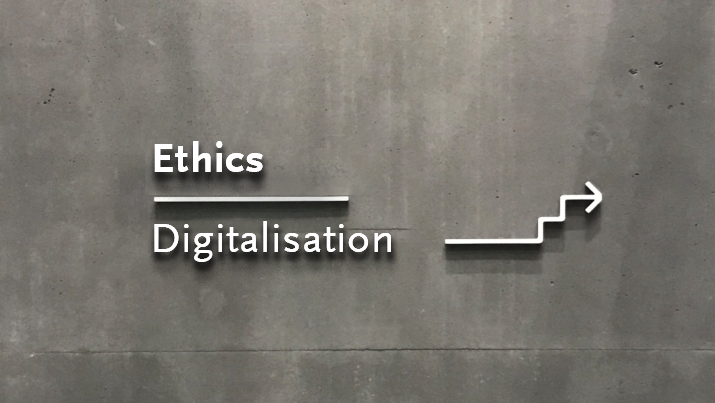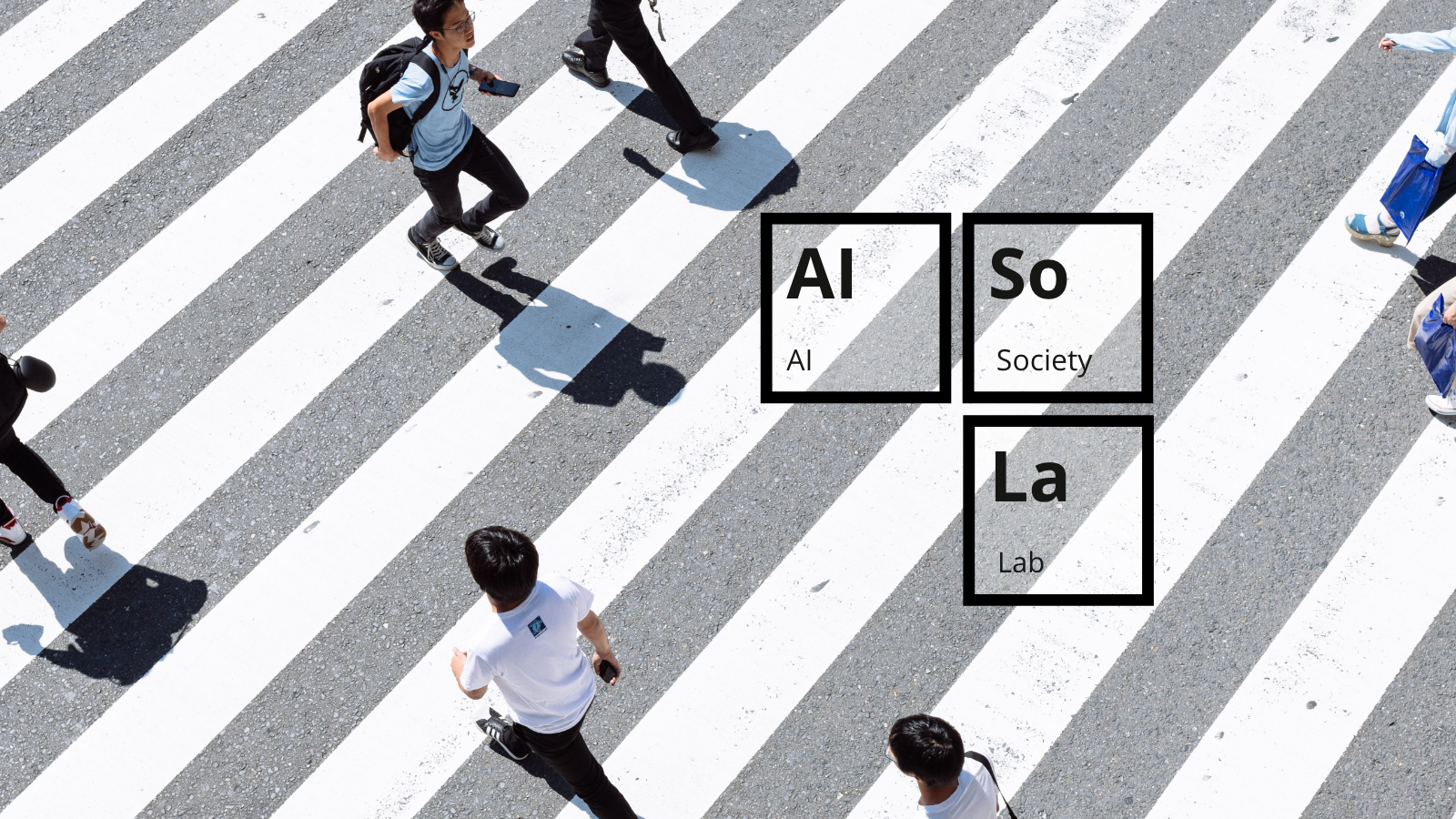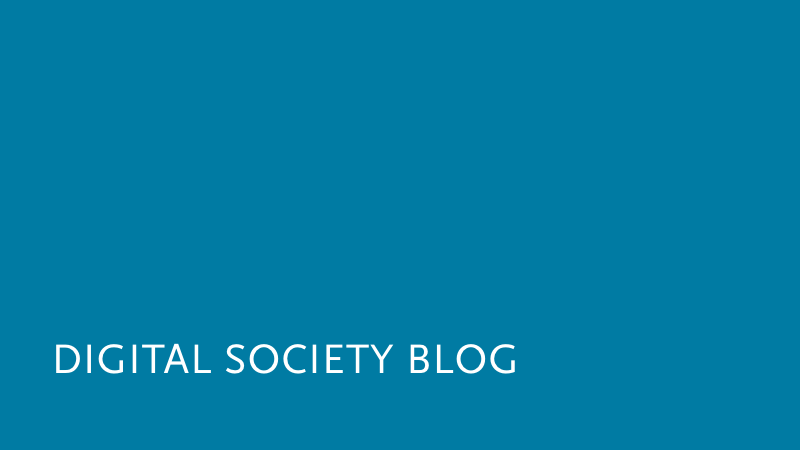
RESEARCH ISSUE IN FOCUS
Digital Ethics
Whether civil society, politics or science – everyone seems to agree that the New Twenties will be characterised by digitalisation. But what about the tension of digital ethics? How do we create a digital transformation involving society as a whole, including people who either do not have the financial means or the necessary know-how to benefit from digitalisation? And what do these comprehensive changes in our actions mean for democracy? In this dossier we want to address these questions and offer food for thought on how we can use digitalisation for the common good.
How do we define digital ethics in the context of our research?
Ethics are strongly influenced by regional, historical and cultural characteristics. This must be taken into account in an ethics-led digitalisation: There is no one solution that works for everyone and everything. One approach that repeatedly meets with approval is the focus on human rights. These have been recognised by many states and can be understood as global ethical minimum standards.
Why do we have to think about ethics and digitalisation together?
What would our digital world look like without ethics?
lecture series
Judith Simon: The ethics of AI and Big Data
In our making sense of the digital society lecture series, Judith Simon discusses whether there is a universal ethic for AI systems and Big Data that works on a global scale.
Monthly Talk
Cookies make you lose control
Laziness vs. loss of control: Who still reads through cookies, GTCs and GDPRs? In our Digitaler Salon we talk about self-determination & privacy online.
Open Talk series
algorithms for common good
In this Open Talk edition, Julia Gundlach talks about how algorithmic systems can help make the distribution of daycare places more efficient and fair.
Content Moderation – What can stay, what must go?
How can rules for algorithmic content moderation in Social Networks look like? This guest article by Alexandra Borchardt examines researcher's suggestions.
Sharing knowledge: Impact of Covid-19 on digital teaching
How can we address the many inequalities in access to digital resources and lack of digital skills that were revealed by the COVID-19 pandemic?
Explaining AI – How to explain the unexplainable?
Complex automated decision making systems have become ubiquitous in our everyday lives. Should we even care to understand how AI-based decisions are made?
Towards an African Narrative on Digital Sovereignty
How can an African perspective help us reframe our view of digital sovereignty? We shed light on economic independence in the digital economy and how states need to become aware...
Why explainable AI needs such a thing as Society
Explainable AI (XAI) frameworks focus strongly on individual interests, while a societal perspective falls short. The solution? An incorporation of collective interests in target group specific communication.
Ethics of digitalisation: dialogue, participation & visions
What visions do we need to implement so that an ethics-led digitalisation of our society works for everyone? We take stock.
You can only be what you can see: How platforms and advertisers can make job ads algorithms fairer
We successfully concluded the first virtual Clinic of the Ethics of Digitilisation project financed by Stiftung Mercator. Twelve international fellows developed innovative approaches to improving fairness in targeted job advertising....
Making Technology Great Again: How to Use Ethics to Save Digitalisation
Can your refrigerator order milk for you but refuse to give you a second ice cream? Should your self-driven car drive with you into a tree instead of over a…
Digital Social Innovation: from efficiency to effectiveness in digitalisation
How can technology help organisations to more effectively tackle societal challenges? In this article we introduce the concept of effectiveness in digitalisation, which, we believe, is key to any digitalisation…
Critical Voices, Visions and Vectors for Internet Governance
The Internet has changed our world. But has it also irritated hierarchical power structures and given a meaningful voice to all? Are offline differentials in terms of access to individual…
Global AI race: States aiming for the top
There hardly exists a buzzword today that fires everybody‘s imagination in the tech world like “artificial intelligence” (AI). But not only giants like Google, Facebook, Baidu or Alibaba are trying…
Algorithmic decision making and human rights
Embedded in smart technologies, algorithms are taking decisions on a daily basis. What challenges arise from algorithmic decision making for human rights and for the regulation of artificial intelligence? In…














